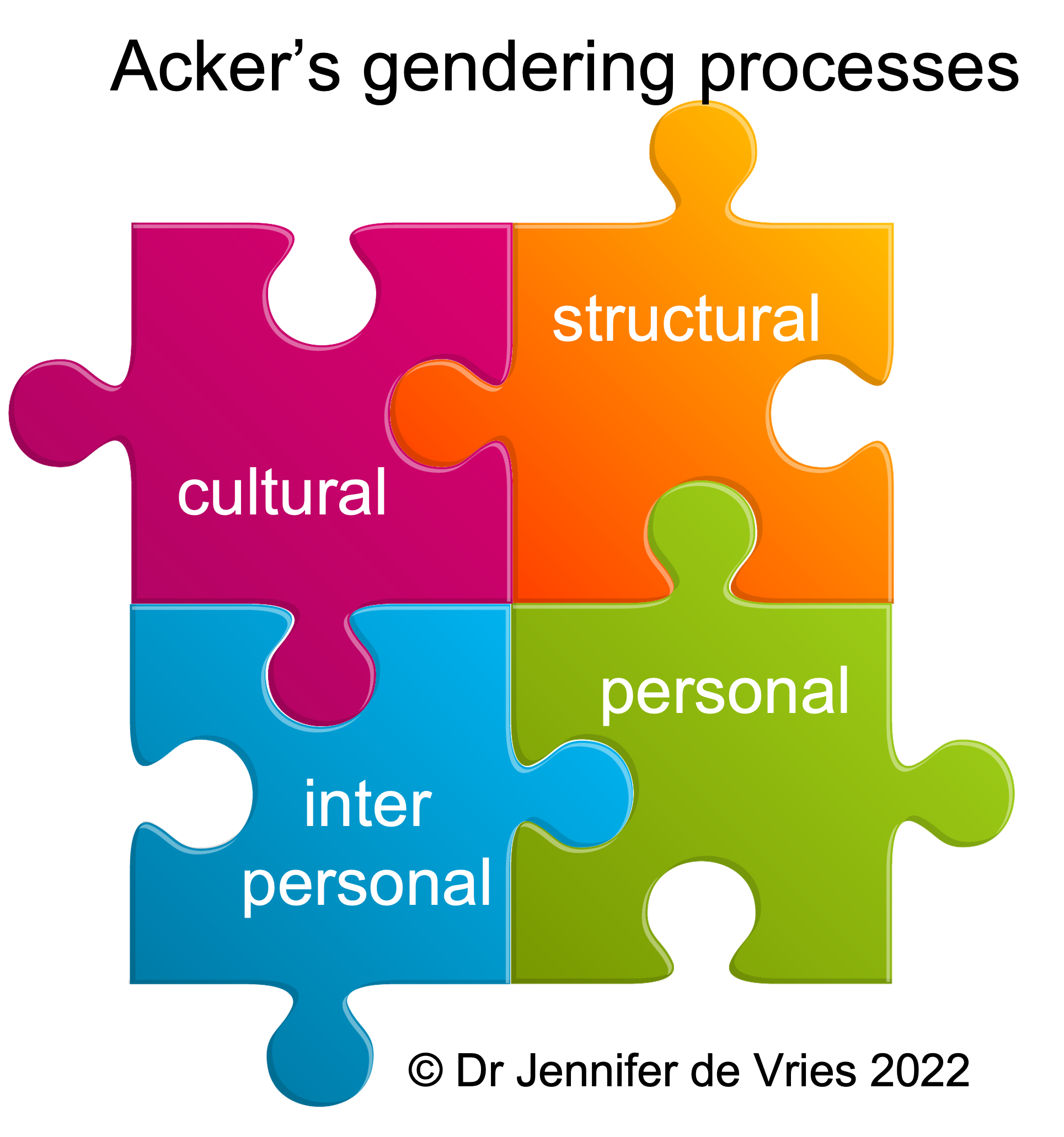Gender Strategy
Cut through the fads and fashions. Jen assists organisations to develop a strategic approach that is specifically crafted to the organisation and takes into account the organisation’s structure, culture, values and the particularities of its workforce.
Gender Strategy
Why gender strategy?
The momentum towards greater gender equality continues to build both within organisations and broader society. It is more critical than ever that the current spotlight on gender equality, and the energy, commitment and investment of many, translates into real and sustainable change.
Building gender equitable organisations is complex, requiring a strategic approach specifically crafted to your organisation, and taking into account the organisation’s history, structure, culture, values and the particularities of its workforce.
There are lots of fads and fashions which may not work for your organisation. They are often disconnected from the data, lack a focus on engaging with men, and may be ‘feel good’ initiatives that do not bring about long lasting change.
Gender Equality Partner
Jen's consulting approach is to partner with organisations, applying an evidence based approach and drawing on the latest scholarship and practice. This approach augments and develops internal expertise.
Key design parameters for culture change
When building a culture change initiative, Jen’s approach assists organisations to address the key issues and potential stumbling blocks identified in the organisational change literature and in her doctoral research. Gender change initiatives need to be long-term and sustained, and have shown themselves to be vulnerable to changes in short-term priorities, cost-cutting measures or changes in key personnel. Careful consideration must be given to ensuring:
A clearly articulated rationale and link to the organisational business.
Consistent, visible, and active support from Executive level. Championing of initiatives must come from this level and preferably involve both senior men and women. (read more)
Engagement with men and women at all levels of the organisation. (Partners for change) A broad and diverse range of staff is strongly preferable. (see below for examples of gender capacity building) A particular focus on middle managers is necessary as their engagement or otherwise can make or break the initiative. (leadership development)
Any gender specific activities must be linked to the broader organisational change agenda, and not be stand alone. (leadership development for women, mentoring and sponsorship)
Leadership accountability, similar to accountability for other initiatives such as OH&S is essential.
A continuous improvement approach with investigation, monitoring and review process to fine-tune and inform interventions and approaches (research and evaluation)
Gender capacity building
The 'bifocal approach' links individual development to organisational change. Jen maintains a strong focus on building the capacity of individuals to understand gender processes and inequalities, and develop their capacity to build and lead more gender equitable organisations.
Audiences include Heads of Department, Leadership teams, HR teams, Senior women, women in STEMM, women in Engineering.
This anonymised example of Jen’s recent work illustrate her approach.
Example 1. European Research Institute Gender Strategy Consultation & Review
Rationale:The Institute leadership team was frustrated with their failure to progress, with the male dominated gender profile remaining unchanged. An expert international perspective was sought.
Approach: Extensive document and data review prior to visit, including working with staff to refine data gathering, analysis and presentation. Institue visit included interviews with executive members, workshops (focus groups) with various groups of staff (male and female) including early and mid-career researchers, senior scientists, HR and equity staff, a combined workshop for presentation of findings and generation of strategies with a broad range of stakeholders, and a pre and post visit meeting with the extended directorate
Process Outcomes: Focus on developing staff (including in data analysis), building gender awareness and commitment to change. Facilitated respectful discussions (with various groups including directorate) regarding gender in workplace with opportunity to input into recommendations
Deliverables: 30 page report with review findings, an analysis of data within a framework for change and recommendations. Appendix included re-worked data pack and career maps.
Testimonial
All the people I spoke with recommended Jen, and they were right. Read More
- Professor Marilys Guillemin
The University of Melbourne
Related Blogs Articles
Contact Jen
jen.devries@me.com
+61 (0) 412 806 377

